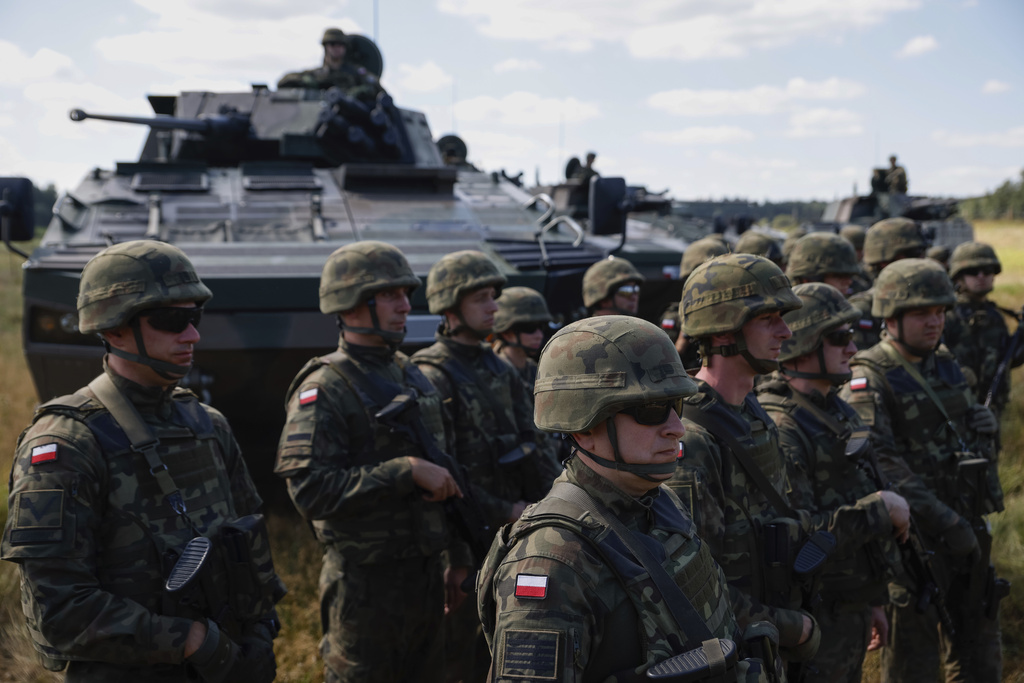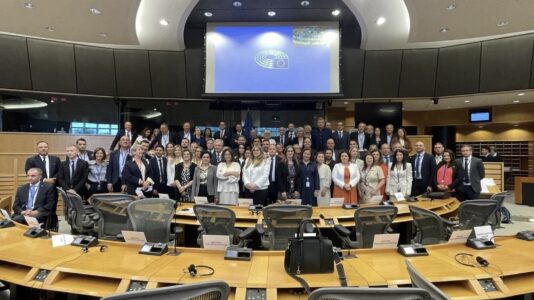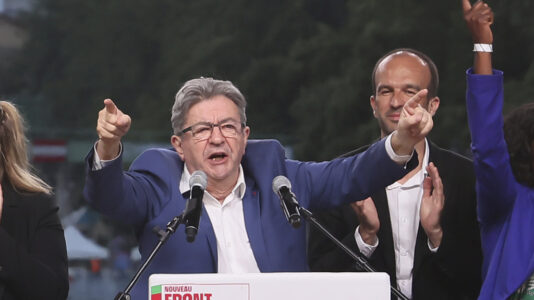The Polish Ministry of National Defense (MON) finds itself in turmoil as it navigates a storm of budgetary confusion, uncertainties surrounding tank procurements, and accusations of disloyalty towards soldiers. The controversy deepened when investigative journalist Piotr Nisztor from TV Republika revealed that the so-called Central Material Plans, which detail the defense procurement strategies for 2025-2028, are slated to be reduced by billions of euros.
In response, representatives from the General Staff hastily arranged a press conference to clarify that these were merely proposals under evaluation. Simultaneously, both the Polish minister of finance and the minister of defense took to social media to assert that defense spending would actually increase in the coming years. Despite possible reductions in specific plans, the overall defense budget is expected to rise, a politically sensitive move given the current public focus on defense matters, they explained.
The ineptitude displayed by politicians overseeing defense matters has been astounding.
Despite a record defense budget, the MON has struggled to communicate effectively with the public. Compounding the issue is the perceived disloyalty to soldiers responsible for military procurements. The recent leadership under Władysław Kosiniak-Kamysz has failed to shield soldiers from what are seen as unjust criticisms by the Supreme Audit Office, an act of disloyalty that has not gone unnoticed within military ranks.
Members of the ruling left-liberal coalition negatively reviewed the ministry’s budget execution for 2023 during a parliamentary defense committee session on June 26, contrary to a subcommittee’s positive assessment, hinting at political motivations behind the decision. Disputes also surround advance payments made annually by the Armament Agency to arms manufacturers — a practice criticized for years but consistently defended by the defense ministry.
Further complications arise with the Korean K2 tanks. On the last day of June, an agreement facilitating a consortium between the Military Automotive Works in Poznań and Korea’s Hyundai Rotem expired. This partnership was supposed to enable tank assembly in Poznań, but now the future of this initiative seems uncertain. Although negotiations continue to potentially localize more of the K2 tank production in Poland, no technology transfer has been agreed upon, casting doubt on the feasibility of domestic assembly within the next five years.
This series of missteps has created significant noise but, so far, few tangible results in strengthening Poland’s defense industry.






